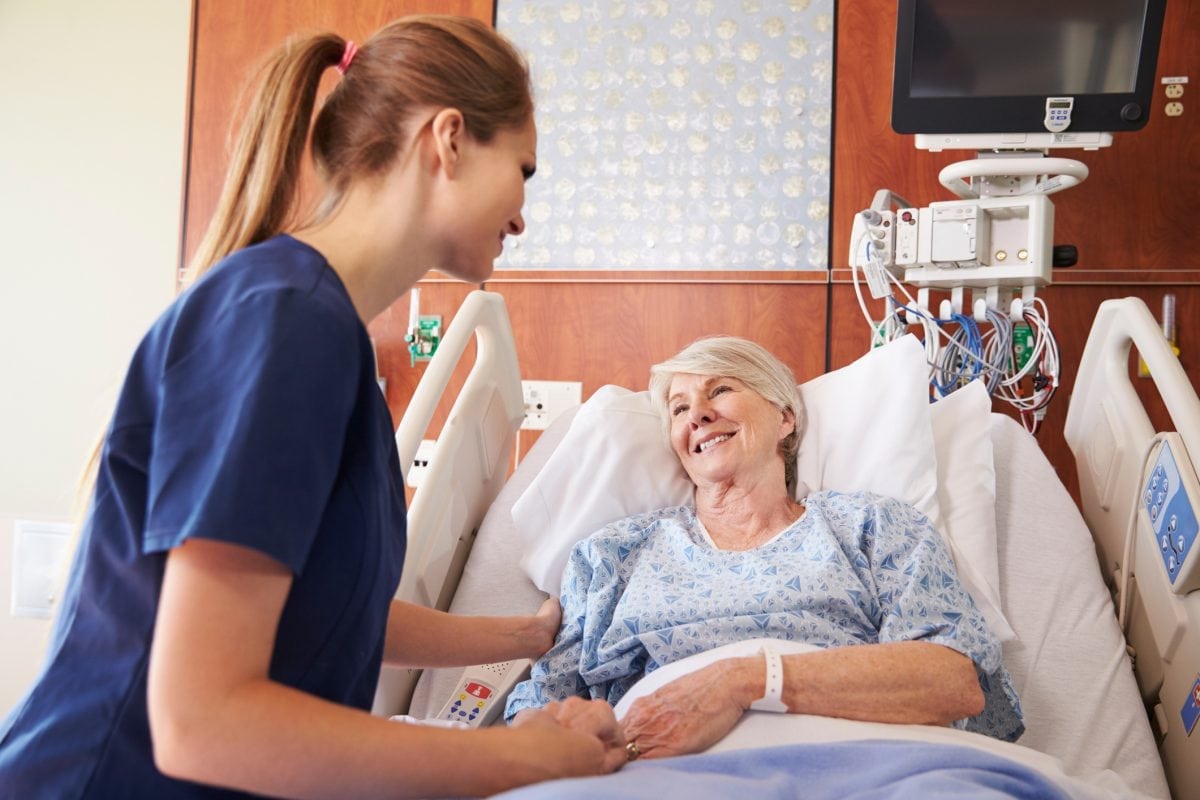
When it comes to providing comprehensive care for individuals with health conditions, monitoring is a critical aspect that cannot be overlooked. Monitoring of health conditions involves the regular observation and tracking of various health parameters to ensure that any changes or developments are promptly addressed. In the context of live-in care, where caregivers reside with the individual requiring care, monitoring takes on added significance due to the continuous presence and close proximity of the caregiver.
Why Monitoring is Important in Live-in Care
In live-in care settings, monitoring plays a crucial role in maintaining the health and well-being of the individual receiving care. It allows caregivers to closely observe the individual’s condition, track any changes, and take appropriate action as needed. This proactive approach can help prevent potential health complications and ensure that the individual’s health is managed effectively.
What Health Conditions Require Monitoring
Monitoring is particularly important for individuals with chronic health conditions such as diabetes, heart disease, respiratory issues, and neurological disorders. These conditions often require ongoing management and monitoring to ensure that they are properly controlled. In live-in care, caregivers can monitor vital signs, medication schedules, dietary requirements, and overall health status to provide comprehensive care.
How Monitoring is Conducted in Live-in Care
In live-in care settings, monitoring is conducted through regular checks and observations. Caregivers may monitor vital signs such as blood pressure, heart rate, and temperature. They may also keep track of medication schedules, dietary habits, and physical activity levels. Additionally, caregivers can observe any changes in the individual’s behavior or condition and report them to healthcare professionals for further evaluation.
Benefits of Monitoring in Live-in Care
The benefits of monitoring in live-in care are manifold. It allows for early detection of health issues, timely intervention, and improved overall health outcomes. Monitoring also provides peace of mind to both the individual receiving care and their family members, knowing that their health is being closely monitored and managed.
Conclusion
Monitoring of health conditions is a vital component of live-in care, ensuring that individuals with health issues receive the comprehensive care they need. By closely monitoring vital signs, medication schedules, and overall health status, caregivers can provide proactive and effective care, enhancing the quality of life for those under their care.
